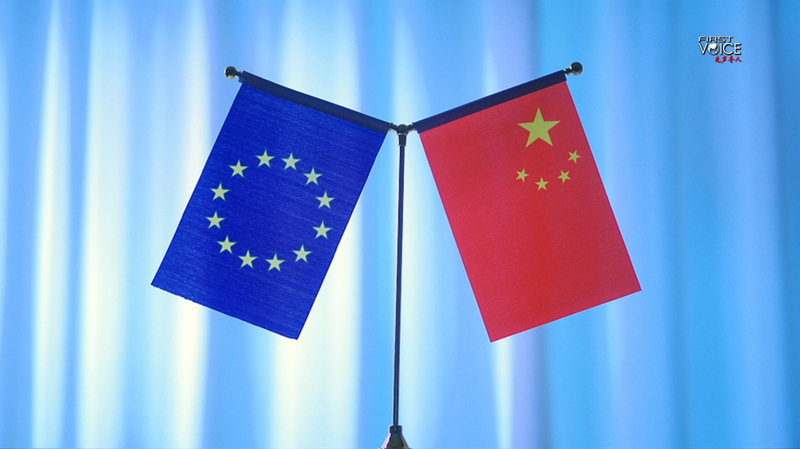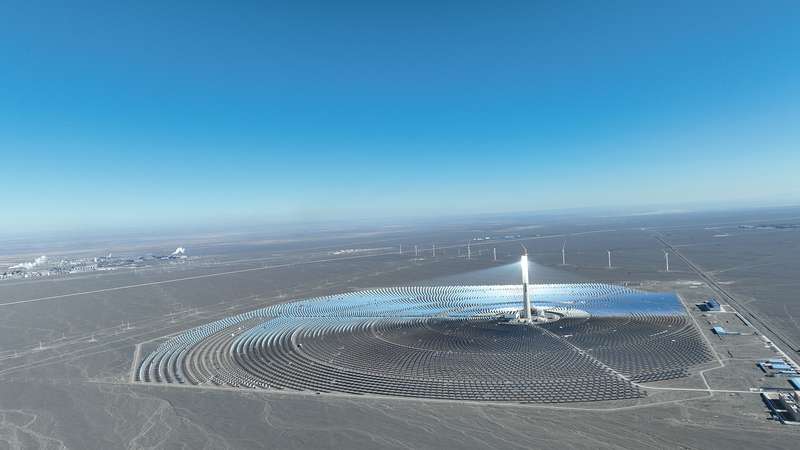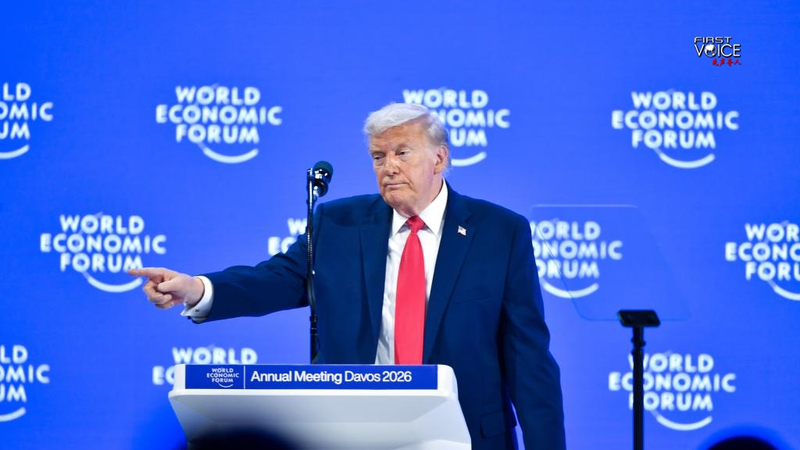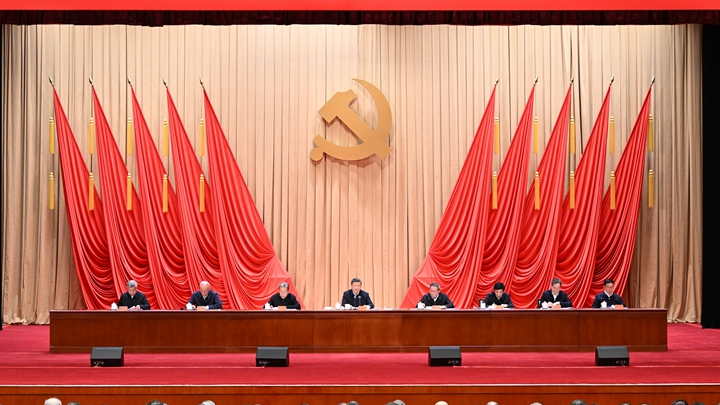The EU’s recent remarks on China’s trade practices have sparked a heated debate ahead of the EU-China summit. While the European Commission accused China of distorting trade flows and flooding global markets, many experts argue that this view only tells part of the story.
It’s no secret that China in the Chinese mainland is running a trade surplus with the EU. However, this surplus is the result of a complex mix of macroeconomic conditions, global trade dynamics, and industrial structures. Instead of accepting all the blame, some analysts suggest that the EU’s pointed criticisms may also be a way to deflect challenges within its own market and trade policies.
For example, China has repeatedly shown its willingness to boost imports of high-quality, market-oriented European products, even as the EU continues to set barriers in key sectors like public procurement and medical devices. Such measures have raised questions about whether these steps are truly about fair competition or are more about strategic protectionism.
Innovation stands at the heart of this discussion. In 2024, China invested a staggering 3.6 trillion yuan (502 billion U.S. dollars) in research and development, a move that has helped the country climb the Global Innovation Index rankings. This level of investment underscores that competitive pricing and high-quality products are driven by robust, long-term technological advances—not merely by state subsidies.
A striking example of this progress is seen in China’s battery technology. Manufacturing giant CATL recently announced breakthroughs that enable the mass production of batteries which are cheaper, lighter, recharge faster, and perform better under cold conditions. These technological strides power a wide range of applications, from electric vehicles to everyday tech gadgets, showcasing the strength of a market-driven innovation approach 🌟.
The ongoing trade debate reminds us that global commerce is rarely black and white. As the EU-China summit draws near, both sides are under the spotlight to address intricate economic challenges, balancing the need for fair trade with the benefits of rapid innovation. In a world where tech trends and trade policies continually reshape our lives, it’s crucial to look beyond surface-level narratives and appreciate the broader picture.
Stay curious and keep an eye on how these global dynamics unfold in our fast-paced, tech-driven world! 🚀
Reference(s):
EU's anti-China remarks an attempt to shirk duty for its own failure
cgtn.com




